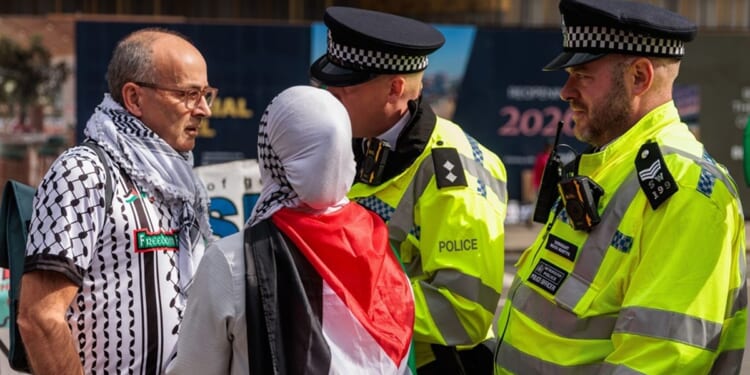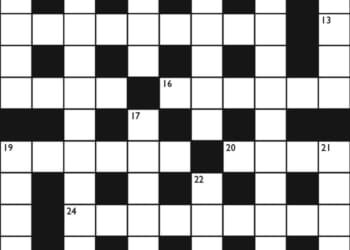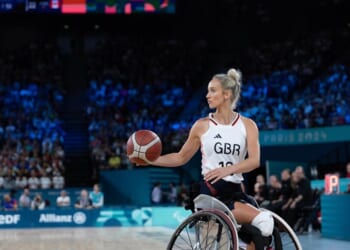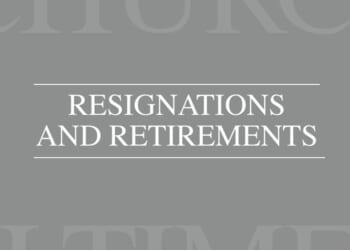NICK MAYNARD’s first journey to Gaza was, by his own account, “pure serendipity”. In 2010, he was invited to go out to train medical students, and he has returned there almost every year since. His connection has grown into a deep commitment to people he describes as “truly beautiful, inspirational”, and a conviction to tell the world about what he witnesses there.
He begins our conversation by condemning as “utterly appalling” the events of 7 October 2023, in which 1195 people, most of them Israeli, were killed by Hamas and other militants. Children were massacred along with civilian adults and members of the Israeli security forces.
He was due to go out with a medical team that October, but the trip was cancelled in the wake of the attack and in light of the subsequent Israeli response. He was asked to lead the first UK emergency medical team in December, and has been twice since then.
We speak just after his return from his third trip with Medical Aid for Palestinians, whose board he now chairs. The charity sends in surgeons to Gazan hospitals. This time, he stayed a month and was injured in an attack on Nasser Hospital, where he was working.
The logistical and security challenges are immense. The UN estimates that more than 1400 health-care workers have died in Gaza since the conflict began.
“There’s no security. We live at the hospital; we don’t leave the hospital. It’s too dangerous to leave. We’re looked after by some local MAP staff whom we have known for years, who are heroic. . . I lost seven kilos when I was there. We just get one meal of rice a day and water to drink: that’s it. No protein, no fruit, no veg.”
The hunger was such that medical staff fainted on duty repeatedly.
His years of visits means the he “knows every inch of the hospitals”, and he has seen no evidence of Hamas using them as a cover, as is claimed by the IDF.
Despite the regularity of his visits, he emphasises that he is not a war surgeon. “I’m not one of these surgeons that goes to every war zone at the drop of a hat. I’ve never done anything like this before. I mean, I don’t go to anywhere else. I’m not a war surgeon. It’s a Gaza thing for me, rather than a war thing.
“What’s been done to them — what I’ve witnessed since 2010, and particularly what I’ve witnessed since 7 October 2023 — is so unspeakably wrong, so unspeakably evil, that I have this absolute compulsion to go and help them as much as I possibly can, and then to come back and tell people what’s going on.”
AT HOME, he specialises in adult upper gastrointestinal cancer surgery at the John Radcliffe Hospital, in Oxford. In Gaza, he does whatever is needed, which can mean operating on young teenagers. From his latest visit, he recalls: “The youngest I operated on was an 11-year-old, and that was a young girl with a terrible oesophageal injury. The paediatric surgeon didn’t have the expertise at all; so we did it together.”
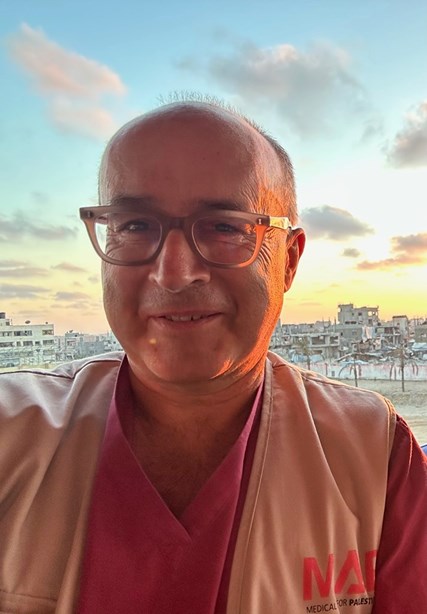
He has witnessed children die from malnutrition and starvation, and describes how, on his last crossing into Gaza, the bags belonging to paediatrician colleagues were emptied of formula feed for infants. “I saw one seven-month-old girl — literally, I watched her over two weeks — starve to death, and the formula feed that could have saved a life was being taken out of the luggage by the Israeli border guards. . . It’s barbaric.”
He also observed a horrifying pattern of injuries among young boys. “The first one I saw was on my third day there . . . a 12-year-old boy on the operating table . . . and then one day when we had, I think, four abdominal gunshot wounds. I spoke to other specialties, neurosurgeons who saw the same . . . all of whom had been shot in the head and neck, many of them dead, clearly.
“Then others were brought in, all of whom had been shot in the testicle. It looked to us like they were playing a game at target practice. You know, ‘We’re going to go for the head and neck today, lads, then we’ll go for the abdomen, then we’ll go for the chest, then we’re going to finish it off on Saturday evening by going for the testicles.’”
His testimony of the “gamification” of violence earned global media attention. His new media profile may deny him future entry into Gaza, he suspects, but there are currently no MAP doctors in Gaza, anyway: all those who have attempted to enter recently have been turned away by Israel.
HIS return to the UK has led to a frenzied round of advocacy, meeting Sir Keir Starmer online (“pretty much a waste of time”) and having a better meeting with the Foreign Office Minister Hamish Falconer. He has accepted speaking commitments at rallies, at churches, and with politicians, to argue for sanctions, an end to the supply of weapons to Israel, and an end to intelligence-sharing and trade deals.
He is careful to limit himself to what he sees and observes as a surgeon and a humanitarian. “I’m not a politician,” he says. “I’m a humanitarian, and I speak, and I talk about eyewitness accounts of what I’ve seen. When I call out our Government, I’m not making political points at all. I’m simply calling them out for their silence, and their inaction and their failure to do what I believe they should be doing in order to prevent the genocidal assault on Gaza.”
Although critical of the Government’s failure to act over Gaza, he believes that public pressure is having an impact, and urges those who hear his testimony, and that of other medical professionals, to lobby their MPs.
“I implore people to go to their MPs, saying, ‘I have heard this evidence from Nick Maynard, from health-care workers. I have heard this evidence of clear war crimes and genocide, and what amounts to complicity from our Government, and you have a role as my MP to do something about this.’”
The intensity of the mission and the advocacy take a psychological toll as well as a physical one. “Leaving Gaza is a very complex set of emotions — relief at getting out and getting home, guilt because you’re leaving and your friends can’t leave . . . huge upset because we’re saying goodbye to patients, who, we know, may die . . . a lot of real tears when we leave, and a lot of anger — a lot of huge anger — particularly when I come back and see the inaction of our Government.”
He describes carrying out his first oesophageal operation in the UK, after the one on the 11-year-old girl, Habiba, in Gaza, who had later died, in part owing to malnutrition: “I just suddenly started crying during the operation.”
He is supported by his wife and family and his colleagues in Oxford. Despite the evident emotional toll, he is steadfast — driven by that clear compulsion to bear witness, to whomever he can, wherever and whenever he can. “I find it one of the great privileges of my life in many ways, being able to go out there and help them,” he says. “They are a beautiful, inspirational people.”
Professor Nick Maynard will be in conversation with the Dean of Salisbury, the Very Revd Nicholas Papadopulos, at a free event, “Bearing Witness”, in Salisbury Cathedral on 30 October. salisburycathedral.org.uk

